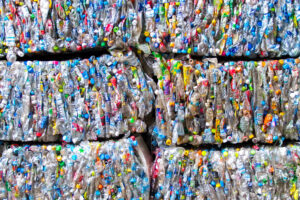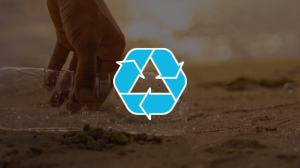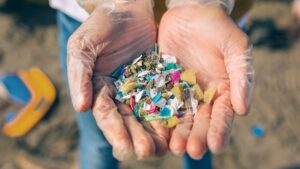Plant-based? Compostable? What you need to know about bioplastics
“Bioplastics” aim to curb the environmental impacts plastic pollution causes, something we have all been made aware of.
They’re one of the solutions touted by Canadian supermarkets who say they’ve taken steps to reduce the massive amounts of plastic waste they generate, after a CBC Marketplace report found they’ve been slow to act. Marketplace will share their update on plastic waste in supermarkets Friday.
In the meantime, here’s what you need to know about bioplastics.
‘Bioplastic’ can mean 3 different things.
Plastics are moldable materials that are typically made from long chains of smaller molecules joined together, which is why their names often start with the prefix “poly” — for example polystyrene or polyethylene.
Traditionally, they’ve been made from fossil fuels and take a very long time to break down in the environment — sometimes hundreds of years.
Bioplastics are plastics that can be:
- Biobased; that is, derived from biological sources such as corn, potatoes, wood, food waste or lobster shells.
- Biodegradable, meaning they can be broken down by microbes into natural substances such as water, carbon dioxide and compost under certain conditions.
- Both biobased and biodegradable (some examples in the first bullet point fall into this category).
Many bioplastics aren’t biodegradable. And some are chemically identical to regular plastics.
The only difference between biopolyethylene or bio-PET (used in Coke’s “PlantBottle”) and regular polyethylene or PET is they use a raw ingredient from plants (ethanol) instead of fossil fuels to make the same material.
Those kinds of plastics are known as “drop-in” plastics because they can be dropped in as direct replacements for traditional plastics and mixed with them in any quantity (the PlantBottle originally included 30 per cent plant-based ingredients and 70 per cent regular PET that still represents 7 per cent of the company’s bottles sold around the world. Coca-Cola has since also made a 100 per cent bio-PET version).
Because they’re identical, they take just as long as traditional plastics to break down.
Other facts on bioplastics include:
- Many bioplastics aren’t biodegradable. And some are chemically identical to regular plastics.
- Plastics made mostly or entirely from fossil fuels can be called ‘biobased’ and ‘bioplastics’, respectively.
- Bioplastics can help reduce carbon emissions. But not always a lot.
- Compostable plastics often end their life in places where they don’t break down.
- Bioplastics are often recyclable, but often aren’t recycled.
- Bioplastics could potentially have environmental drawbacks.
But bioplastics are only a tiny fraction of plastic in the world today. To learn more about bioplastics,
Read the full and original article at CBC.ca



